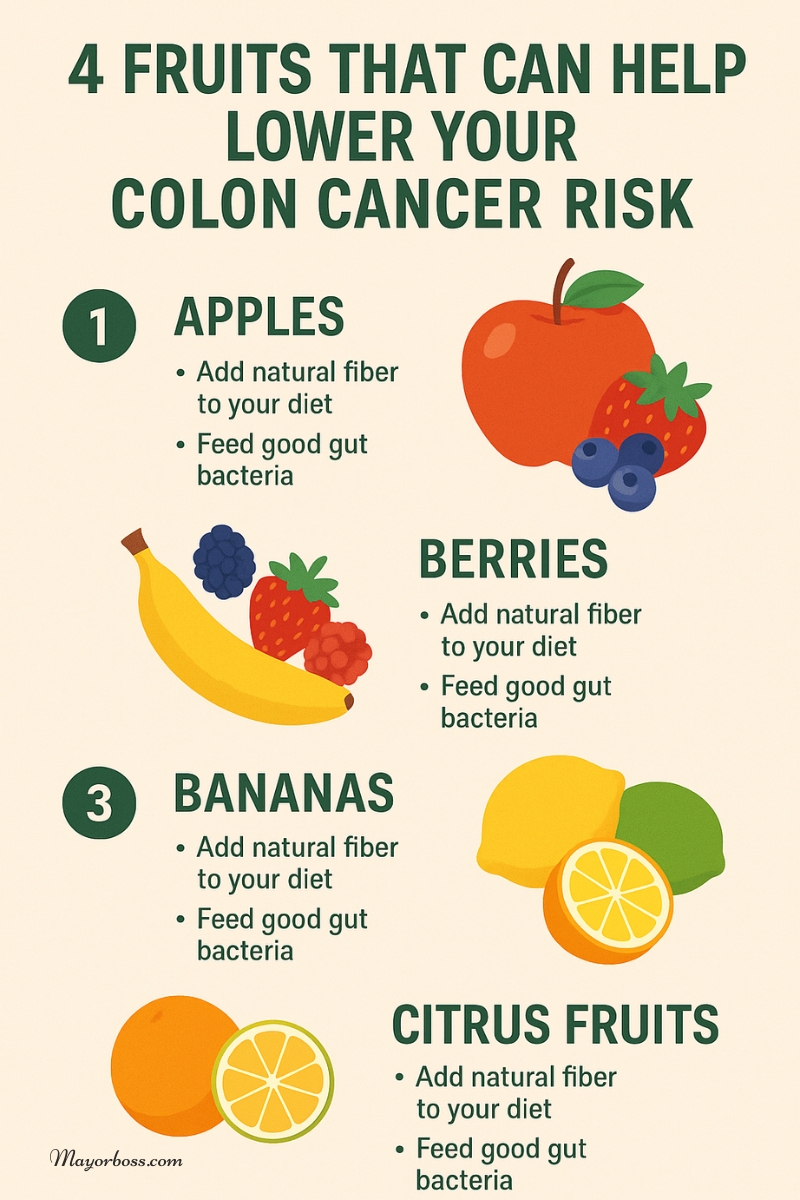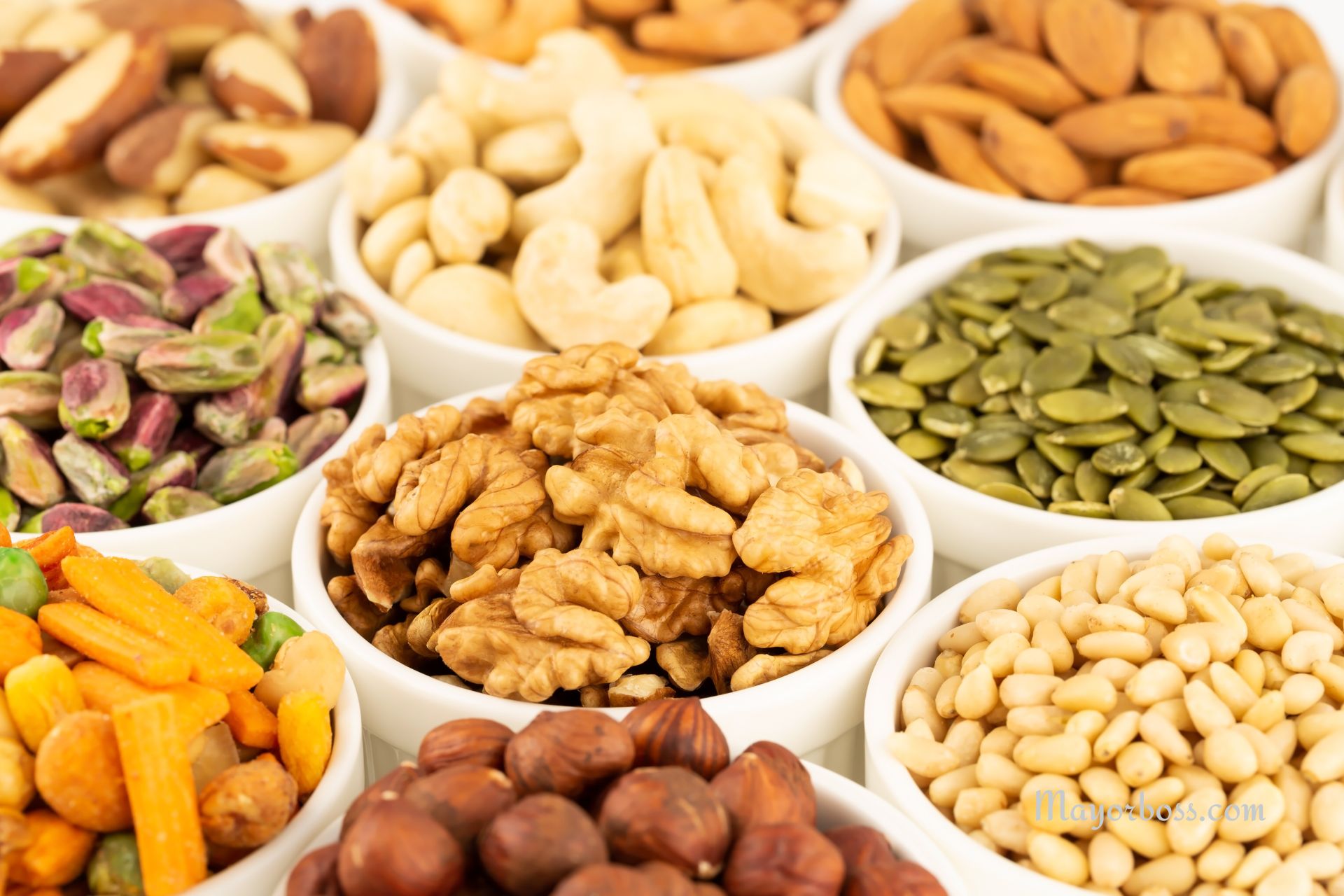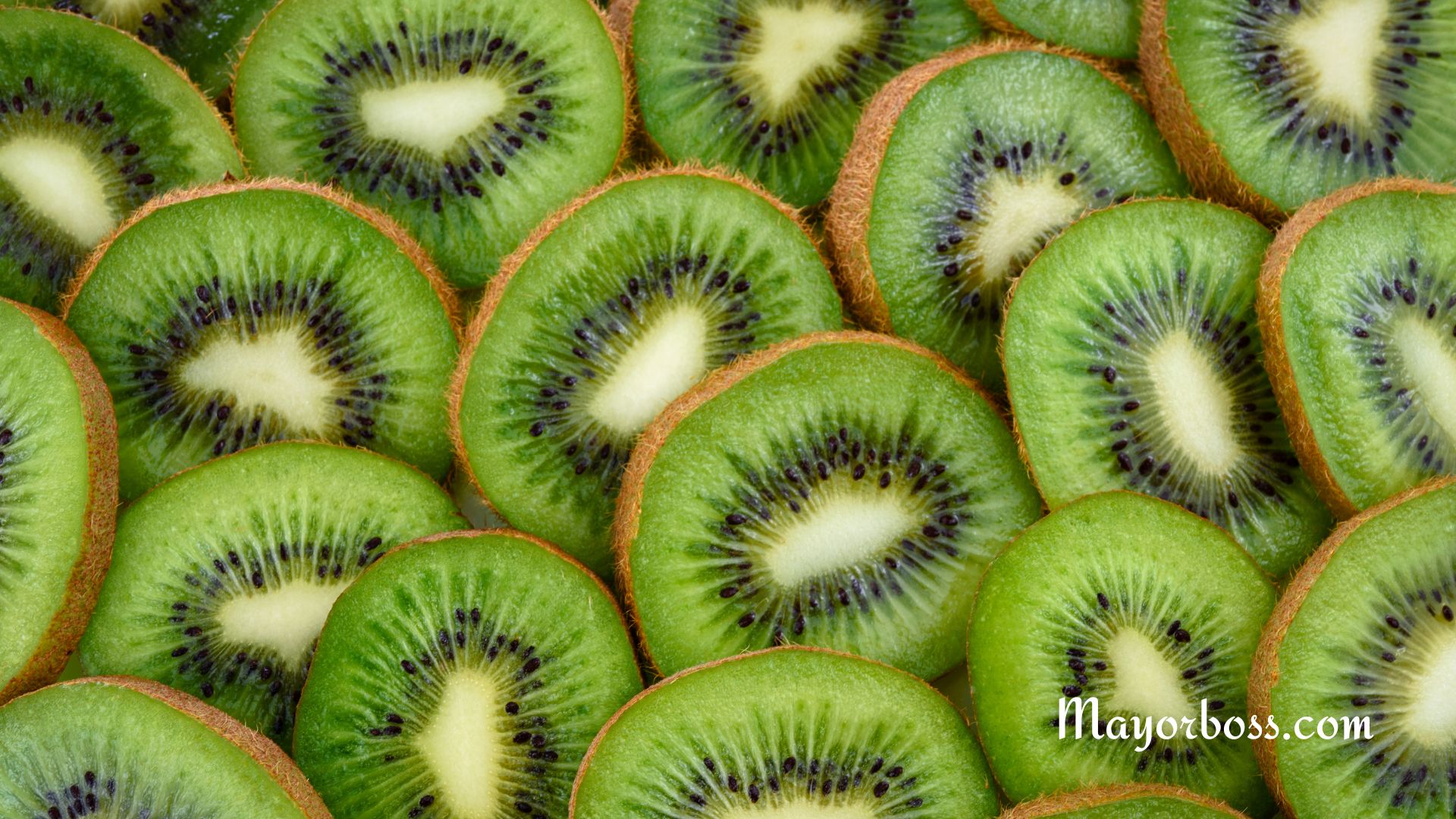15 Foods Good For Your Gallbladder
Keeping your gallbladder healthy means helping it store and release bile without stress. Bile breaks down fat, prevents cholesterol build‑up, and carries waste from the liver.1 Gallstones trouble millions of people across the globe each year, and many end up in emergency rooms for sudden surgery.
The encouraging news is that ordinary meals can lower that risk in a steady, predictable way. What you put on your plate has a huge impact on this small but vital pouch. Here you will find fifteen foods that support smooth bile flow and lower the likelihood of gallstones.
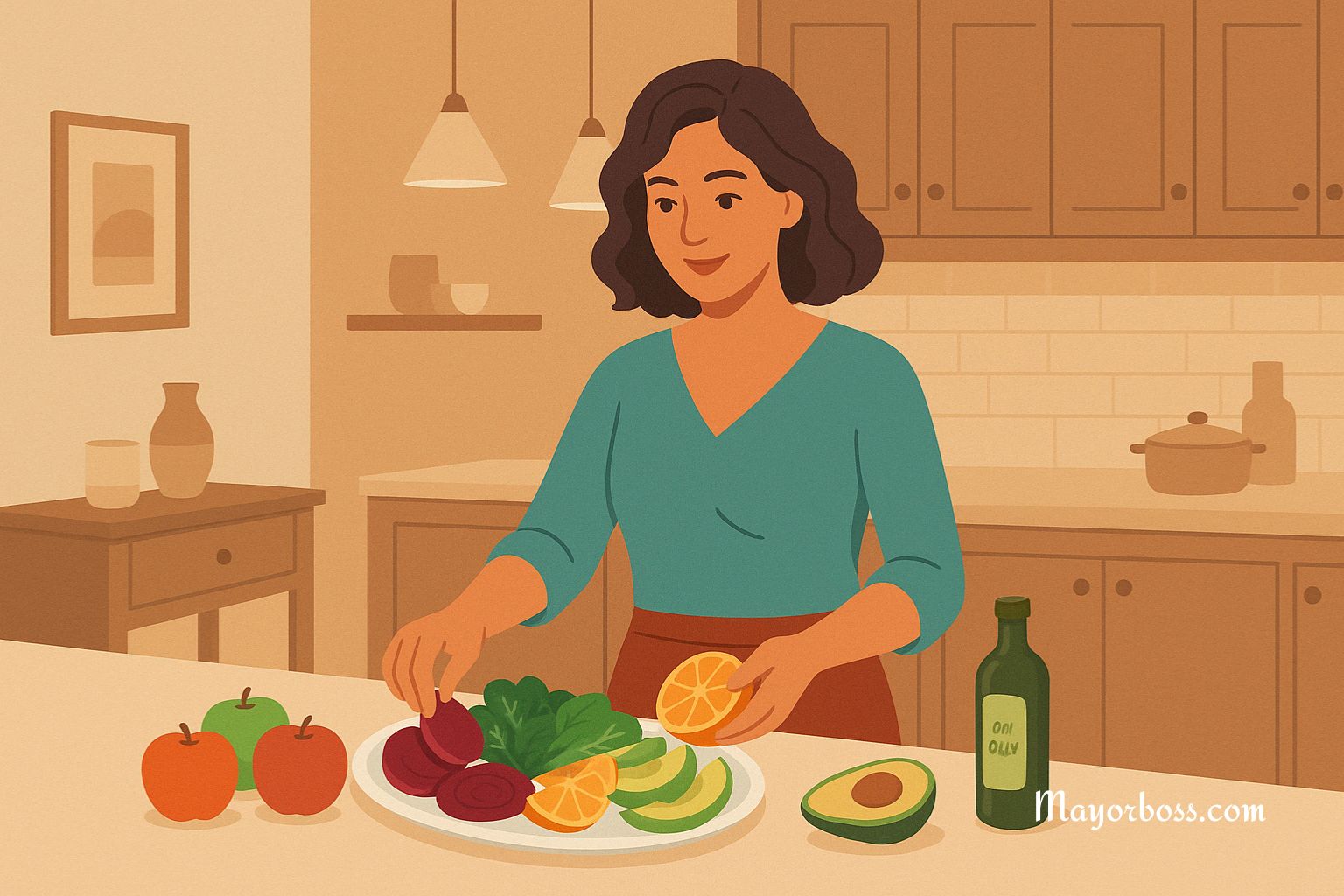
1. Apples
An apple offers soluble fiber called pectin. Pectin binds excess cholesterol in the gut, so less ends up in bile. Regular apples also add water and natural antioxidants that calm mild inflammation around the gallbladder wall.
2. Pears
Like apples, pears supply pectin plus a gentle sweetness that encourages fluid intake. A medium pear contains around six grams of fiber, enough to keep digestion moving and prevent bile stagnation.
3. Leafy Greens
Spinach, kale, and Swiss chard give magnesium, vitamin C, and chlorophyll. These nutrients support liver enzymes that make balanced bile, which protects the gallbladder from crystal formation.
4. Beets
Beets hold betaine, a compound that thins bile and helps the liver handle fat. Their deep color also signals plenty of betalains, pigments known to guard cells against oxidative stress.2
5. Citrus Fruits
Lemons, limes, and oranges bring vitamin C and a flavonoid called hesperidin. Vitamin C lets the body turn cholesterol into bile acids more efficiently, while hesperidin keeps blood vessels around the gallbladder flexible.
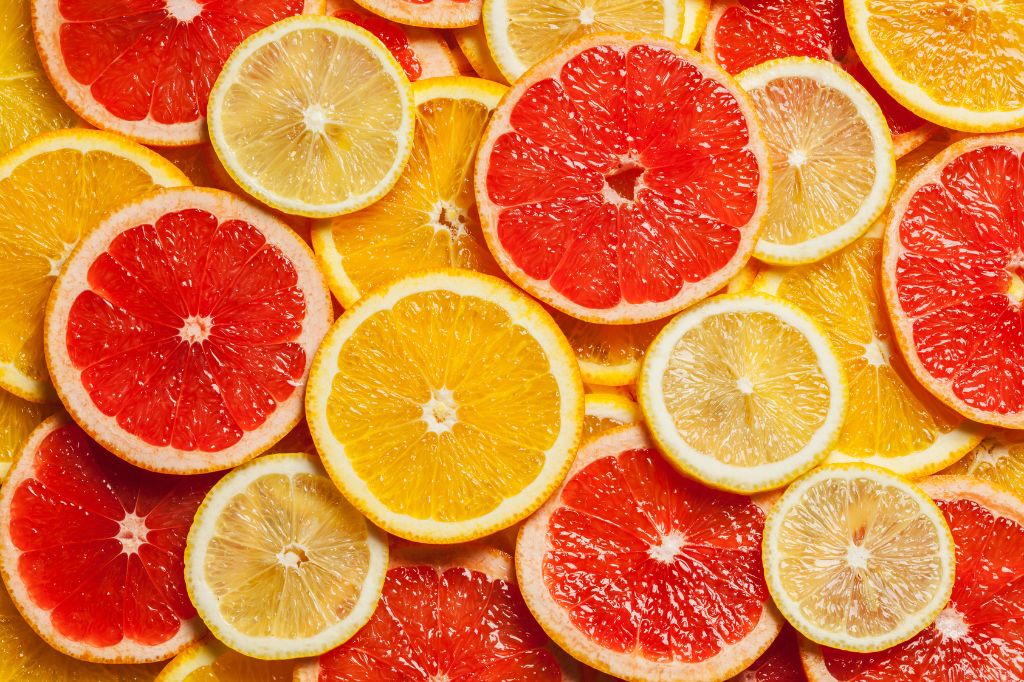
6. Avocado
Although creamy, avocado contains mainly monounsaturated fat. This healthy fat signals the gallbladder to empty in a steady way, preventing pressure build‑up and discomfort after meals.
7. Extra‑Virgin Olive Oil
A spoonful of olive oil at the start of a meal triggers gentle gallbladder contraction, clearing stored bile. Oleic acid within olive oil lowers LDL cholesterol, cutting sludge that can harden into stones.
8. Fatty Fish
Salmon, trout, sardines, and mackerel carry omega‑3 fatty acids. These fats lower triglycerides and reduce inflammation inside the bile ducts. Aim for two servings each week for reliable benefits.
9. Walnuts and Almonds
Nuts replace saturated fat snacks while offering plant protein, fiber, and alpha‑linolenic acid, an omega‑3 cousin. A small handful supports gallbladder health without adding excess salt or sugar.
10. Pumpkin and Sunflower Seeds
Seeds give magnesium and phytosterols, both linked to fewer gallstones in population studies.3 Sprinkle them over salads or oats for a simple crunch that also balances cholesterol.
11. Lentils and Black Beans
Legumes add bulk to stool and stabilize blood sugar. Stable sugar levels mean the liver converts less glucose into fat, easing the gallbladder’s workload. Rinse canned beans to reduce sodium.
12. Oats and Brown Rice
Whole grains supply insoluble fiber that keeps bile moving forward. Insoluble fiber works like a gentle broom, sweeping cholesterol out of the digestive tract before it reaches bile.
13. Low‑Fat Yogurt
Cultured yogurt introduces probiotics, friendly bacteria that improve fat digestion. Choosing low‑fat options limits saturated fat while still delivering calcium, which binds with excess fatty acids during digestion.
14. Turmeric
Curcumin, turmeric’s main active ingredient, stimulates the gallbladder to release bile and keeps bile salts dissolved. Use a pinch of black pepper with turmeric to increase absorption through the gut wall.
15. Ginger
Ginger root soothes nausea, often linked with gallbladder flare‑ups. It also speeds stomach emptying, so less pressure reaches the gallbladder during digestion. Fresh slices in hot water create a mild, healing tea.
When to Seek Care
Diet helps, yet sudden pain in the upper right abdomen, yellow skin, or fever signals a gallstone problem that needs urgent medical attention.
Key Takeaway
Support your gallbladder with fiber‑rich produce, healthy fats, lean protein, and anti‑inflammatory spices. Consistent food choices keep bile flowing, reduce stone risk, and promote comfortable digestion for years to come.


